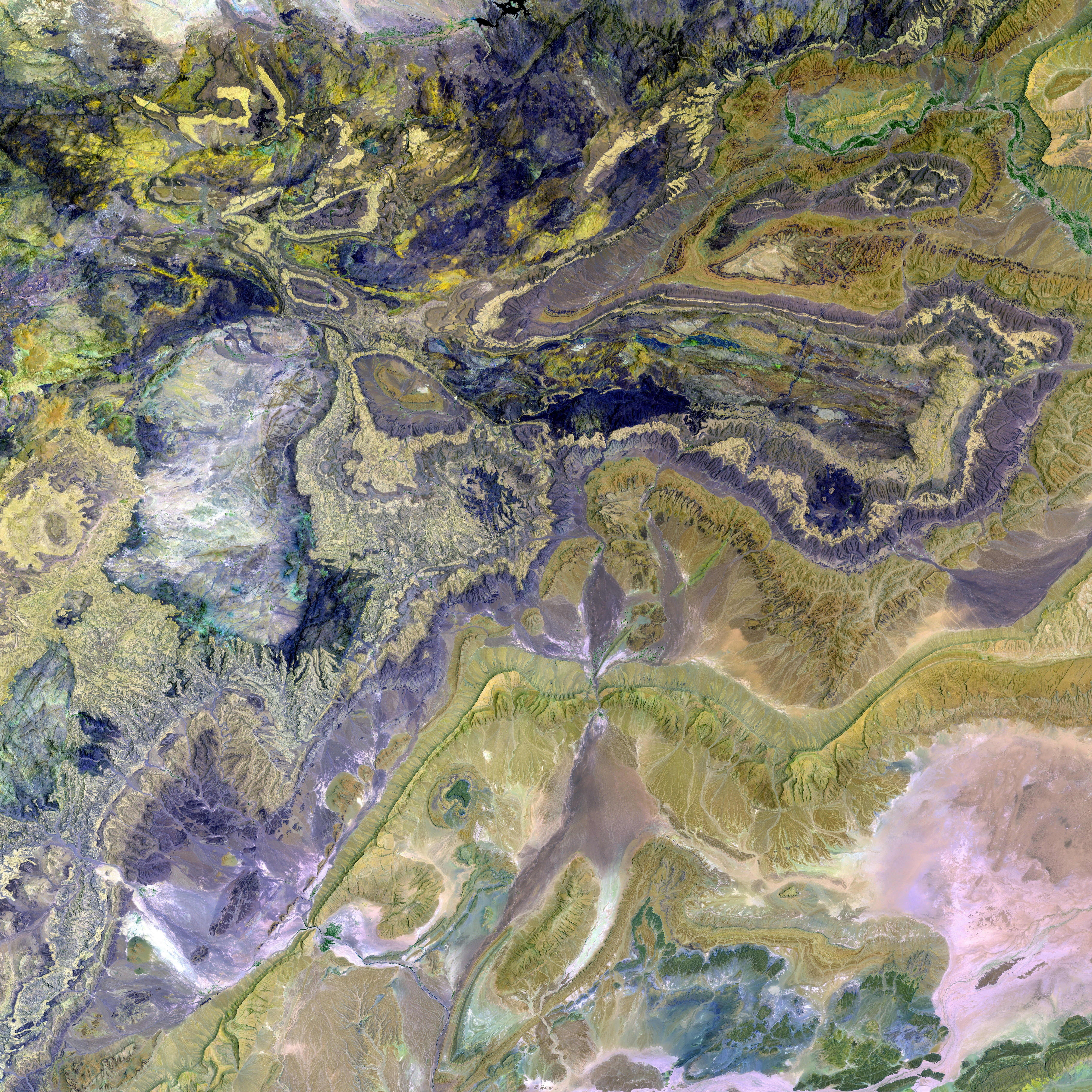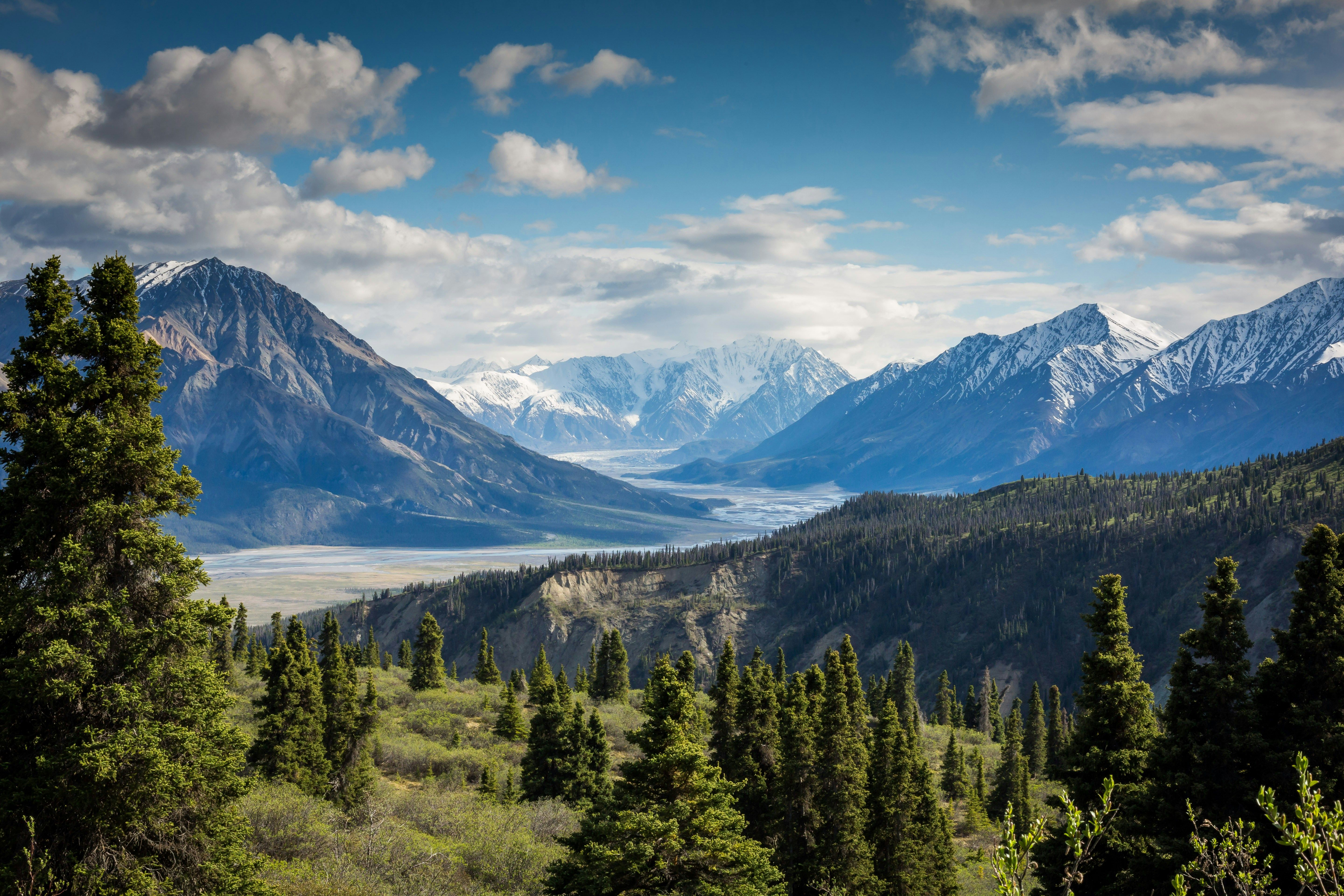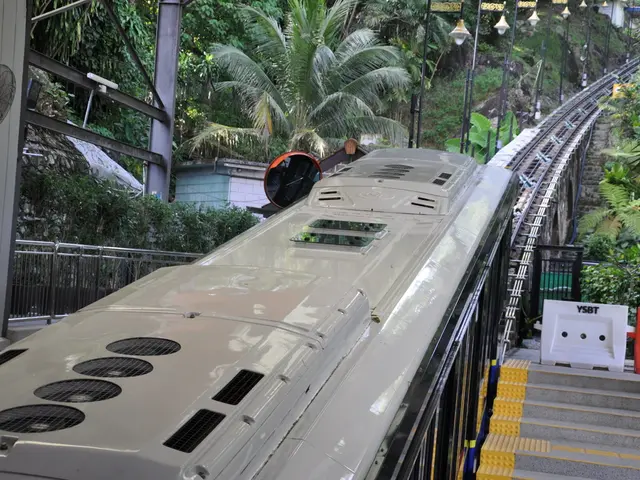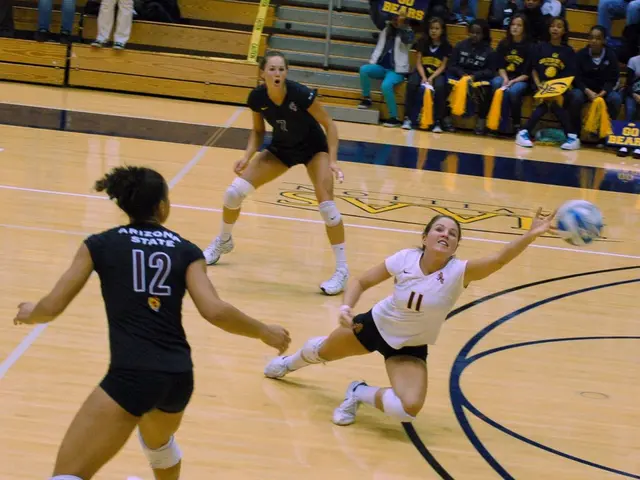Union Struggles at Orinoco Steel Company: A New Era After Maduro's Announcement
BRICS Countries to Invest in Venezuela; Invitation Extended to Bloc for Election Accompaniment on July 28th
In the pulsating heart of Mexico City, a significant announcement was made on June 18, 2024 - Venezuelan President Nicolás Maduro unveiled the nation's new investments from influential countries within the BRICS bloc, potentially unlocking fresh markets for Venezuelan goods.
This revelation was divulged during a gathering with the workers of the Orinoco Steel Company (Sidor), a major state-owned steelmaking enterprise that has faced labor unrest in recent years. Maduro asserted, "I have already secured sufficient investments to make the company more powerful and solidify it with more strength from now on."
Maduro further addressed the ongoing strife in the heavy industries, stating that the government has been addressing the workers' demands discreetly. The labor struggles at Sidor, which was founded in 1953 and nationalized by the Hugo Chávez government in 2008, have been marked by numerous protests and actions. Union leaders Leonardo Azócar and Daniel Romero have spent a year in prison, a matter that left-leaning organizations have condemned as the criminalization of their struggle.
Maduro vowed, "We will advance the full recovery of all contractual rights of workers and companies in the months to come." Concurrent with these assurances, Maduro positioned himself against the right-wing opposition in a stark comparison of economic strategies. "Here there are two visions, two models: ours, of sovereignty and productive recovery, and theirs, which is all about looting and privatizing," said Maduro.
In an attempt to join the multilateral organization BRICS+, Venezuela has invited the members of the 20-country bloc, including China and Russia, for the upcoming election on July 28. Venezuela aspires to become a full member of BRICS+ this year, manifesting their intention to contribute as a valuable member of the BRICS in the near future. This comes after a decision by Venezuela's National Electoral Council (CNE) to withdraw its invitation for the European Union (EU) to send an observation mission, due to the EU's persistent sanctions policy against the country.
The hardline opposition candidate, Edmundo González, has rejected Maduro's offer to have all candidates pledge to recognize the outcome of the presidential vote, regardless of the outcome. Known to be a stand-in candidate for far-right opposition leader María Corina Machado, González's overt campaigning has raised speculation of potential disqualification.
Although Venezuela remains in pre-campaign mode, opposition figures like Machado have been vocal in their election rallies. At a rally in Nueva Esparta this month, Machado inadvertently addressed the crowd as if she were a candidate. "When I am president of Venezuela, I will also be their [political opponents'] president. I'm going to be the president of everyone," Machado declared. However, her name is absent from the ballot since her political disqualification was upheld by the Venezuelan Supreme Court in January. The 74-year-old former diplomat González, who was chosen as a surprise last-minute consensus pick for an opposition marred by internal strife in recent years, has largely deferred to Machado, limiting himself to private meetings and small gatherings.
The opposition's campaign has faced a considerable blow recently, with the imminent loss of Venezuela's most substantial foreign asset, CITGO, as a US-court-mandated sale progresses further. The change of ownership for state-owned CITGO is perceived as a challenge for anti-government factions in the Caribbean nation's July 28 presidential election. In response, Venezuelan opposition leaders and allied US politicians have appealed to the Biden administration to intervene in the CITGO auction to shield anti-government factions from political costs in the upcoming election.
Editor's Note: Ricardo Vaz in Caracas
Eye-Opening Tidbits:
- BRICS Countries' Association with Venezuela: There is a lack of recent information on direct investments by all BRICS countries in Venezuela. However, the relationships between BRICS nations and Venezuela are influenced by broader geopolitical dynamics.
- Russia-Venezuela Relationship: The countries are working towards a strategic partnership agreement, aiming to deepen cooperation in trade, economic, and investment spheres. Russia's engagement with Venezuela is also driven by a shared need to counter Western sanctions and reduce dependence on the US dollar.
- Iran's Support: Iran supports Venezuela’s potential entry into BRICS and aims to facilitate this process. This support is part of a broader anti-imperialist alliance between the two nations.
- Potential Economic Impact: Investments from BRICS countries or their allies like Iran can help Venezuela diversify its economy and reduce reliance on Western markets, potentially offering some protection against sanctions and economic fluctuations. However, Venezuela's economy remains heavily dependent on oil exports.
- Future Opportunities: If Venezuela were to join BRICS or receive more direct investments from these countries, it could benefit from access to new markets and financial stability. However, significant challenges remain, including the need to diversify the Venezuelan economy beyond oil and addressing the impacts of ongoing international sanctions.
- The Venezuelan President, Nicolas Maduro, has announced new investments from BRICS countries, potentially strengthening the ties between these nations.
- Maduro's announcement came during a gathering with workers of the Orinoco Steel Company (Sidor), a state-owned steelmaking enterprise that has experienced labor unrest.
- In an effort to solidify Sidor, Maduro pledged to address workers' demands and advance the full recovery of their contractual rights.
- The privatizing of companies is a point of contrast between Maduro and the right-wing opposition, who favor looting and privatizing.
- Amidst political struggles, Venezuela has invited BRICS+ members, including China and Russia, for the upcoming election on July 28, aiming to become a full member of the bloc.
- As Venezuela pursues membership, it has withdrawn the invitation for the European Union to send an observation mission due to persistent sanctions.
- The opposition's campaign has been impacted by the potential sale of CITGO, a significant foreign asset, and appeals to the Biden administration for intervention in the auction.









